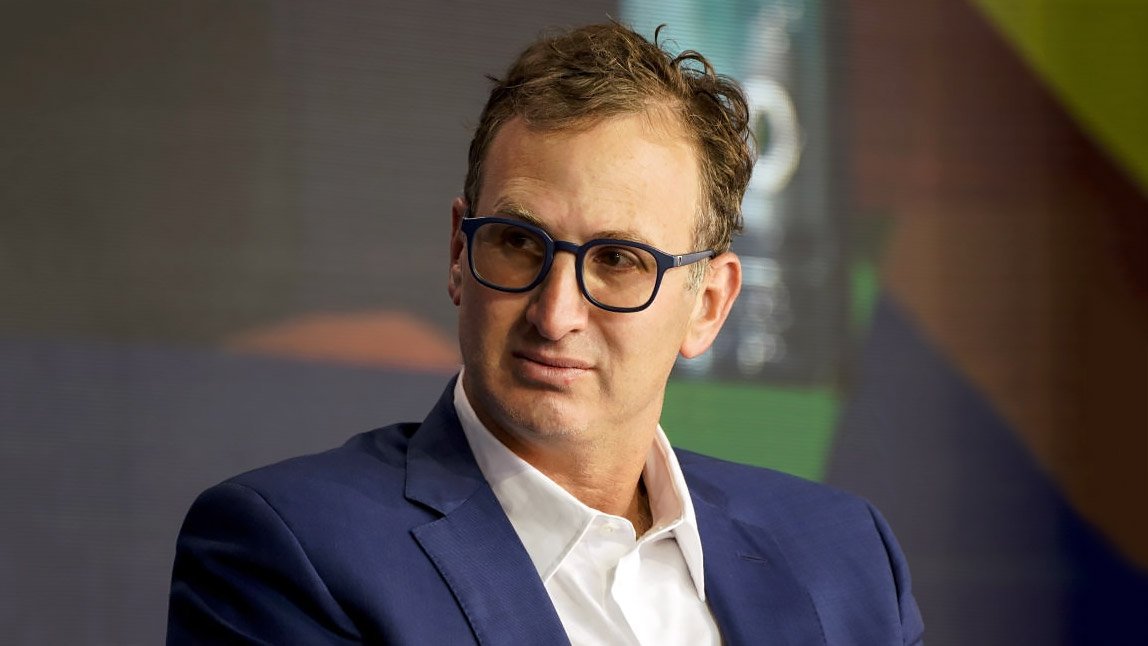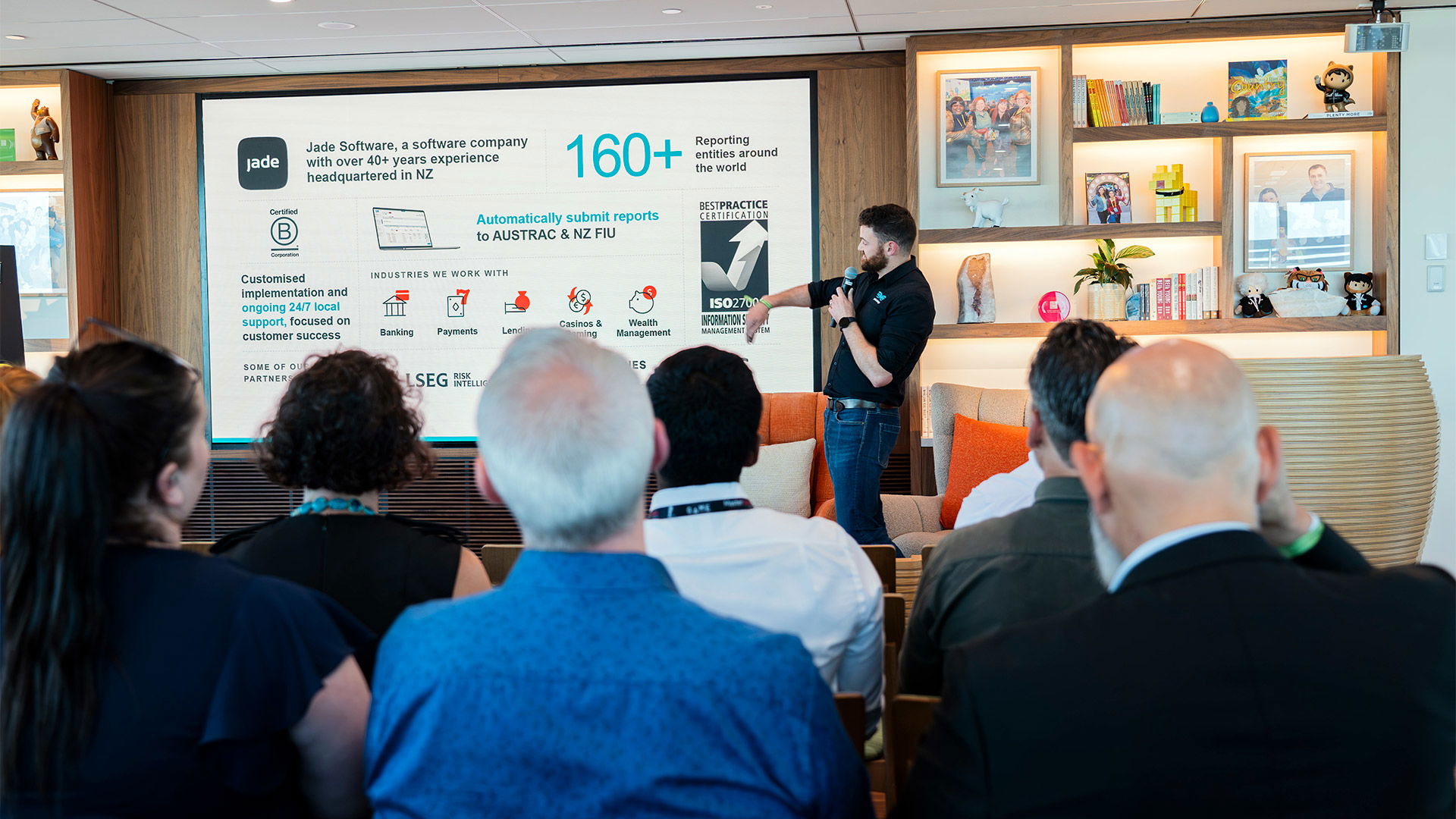Experts highlight resilience and expansion of Ukrainian businesses despite the war in Parimatch Tech panel

Gaming tech and marketing solutions developer Parimatch Tech held the "Growth and Development Despite the War" panel at this year’s Web Summit. The discussion was related to Ukrainian businesses’ take on overcoming issues and staying strong despite war-related challenges. Speakers covered topics such as changes in the IT industry and business development in Ukraine during the war, while proposing some new approaches and sharing their vision for the future.
The speakers included Oleksandr Usyk, Ukrainian professional boxer, world champion, and Parimatch Responsible Gambling Ambassador; Evgen Belousov, Deputy CEO at Parimatch Tech; Nataliia Hilevych, CEO at Parimatch Ukraine; Oleksandr Bornyakov, Deputy Minister of Digital Transformation of Ukraine; and Vadym Voitiuk, Principal Solutions Architect at AWS.
The experts tackled the recent changes in the Ukrainian business environment. Hilevych emphasized unity and trust between businesses and the state, competing companies, brands, athletes, foundations, and people in general. According to her, those who could not find common ground for months and years “are now united.”
“If earlier it took us months, we now have many cases when in the morning we have an idea, in the afternoon a team, in the evening we receive funding, and the following day we begin the release,” she stated.
Bornyakov agreed with this point, noting that despite the challenges, the state supports the IT industry, and most Ukrainian startups manage to go to the next stages of financing. The government helps them by communicating with western partners, attracting capital and allowing them to present themselves at events to raise funds, he noted. But, according to Oleksandr, the Ministry of Digital Transformation could still afford to offer more help to the IT sector.

Talking from a business perspective, Belousov admitted the wartime risks concerning the Western partners of Ukrainian companies. But on the other hand, he noted he sees “how Ukrainian teams work every day, their passion and desire to achieve results, confirming the quality of products developed by Ukrainian specialists.”
“To understand this level of motivation, you need to see our channels in Slack, other work group chats and e-mail threads. People are very motivated to work because they don't know what will happen tomorrow and want to ensure their financial stability,” Belousov said.
“Another not-so-obvious point is stress. And the best medicine against this stress for Ukrainians is their work. It is not in the nature of Ukrainians to wait for something to happen, but rather to make things happen and solve problems themselves,” he added.
As for emergency measures, they are being developed on the go, highlights Parimatch Tech. For example, to prevent power and internet problems in Ukrainian offices due to Russian missile attacks on the country’s infrastructure, the company provided backup generators and Star Links.
Voitiuk mentioned the phenomenon of the immediate expansion of Ukrainian businesses. According to him, businesses were compelled to go outside to countries bordering Ukraine. Because their user base moved there, “their customers still use Ukrainian credit cards, they are still willing to help, and they are still willing to spend money in Ukraine,” notes Parimatch. “And this geographical shift makes little difference to them.”
Of course, not all companies could apply these models, but for some, further development in central and western European countries is “not for relocation but expanding business.” And this trend doesn't only relate to digital native business.
“It [the war] created a situation of immediate expansion. We saw a similar situation for Ukrainian startups and middle-size enterprises. They just said: ‘Ok, if we can't expand here, in Ukraine, we need to expand elsewhere.’ It is a compelling case of pressure when you’re thinking about expanding, not sometime during 2023, but tonight,” he noted. “And by tomorrow, you need to find a supplier for your services.”
Belousov added: “The aggressive business environment in Ukraine creates a competitive atmosphere where you need to fight for customers. That's why we have better services, for example, in restaurants and better internet providers. The balance between service quality, cost, and the time you spend is definitely something Western countries could learn from Ukraine.”

















































